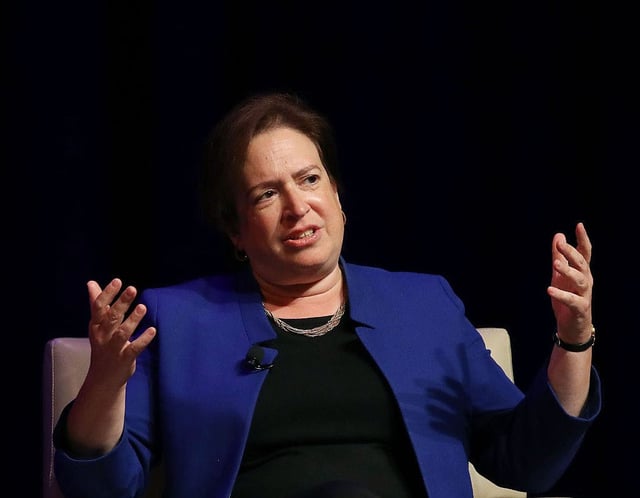Overview
- In a 6-3 decision on Friday, the Supreme Court held that single district judges can no longer issue nationwide injunctions to suspend presidential policies.
- The shift removes a tool both Democratic and Republican administrations used to challenge executive actions, returning more power to elected branches.
- On CNN’s “Table for Five,” commentator Scott Jennings cited Justice Elena Kagan’s 2022 critique of one-judge injunctions to deride dissenting justices as “hacks.”
- President Trump, who faced at least 25 nationwide injunctions in the first five months of his term, stands to pursue his agenda with fewer judicial roadblocks.
- Critics warn the change weakens judicial oversight of the presidency, while supporters say it corrects an imbalance in the separation of powers.

